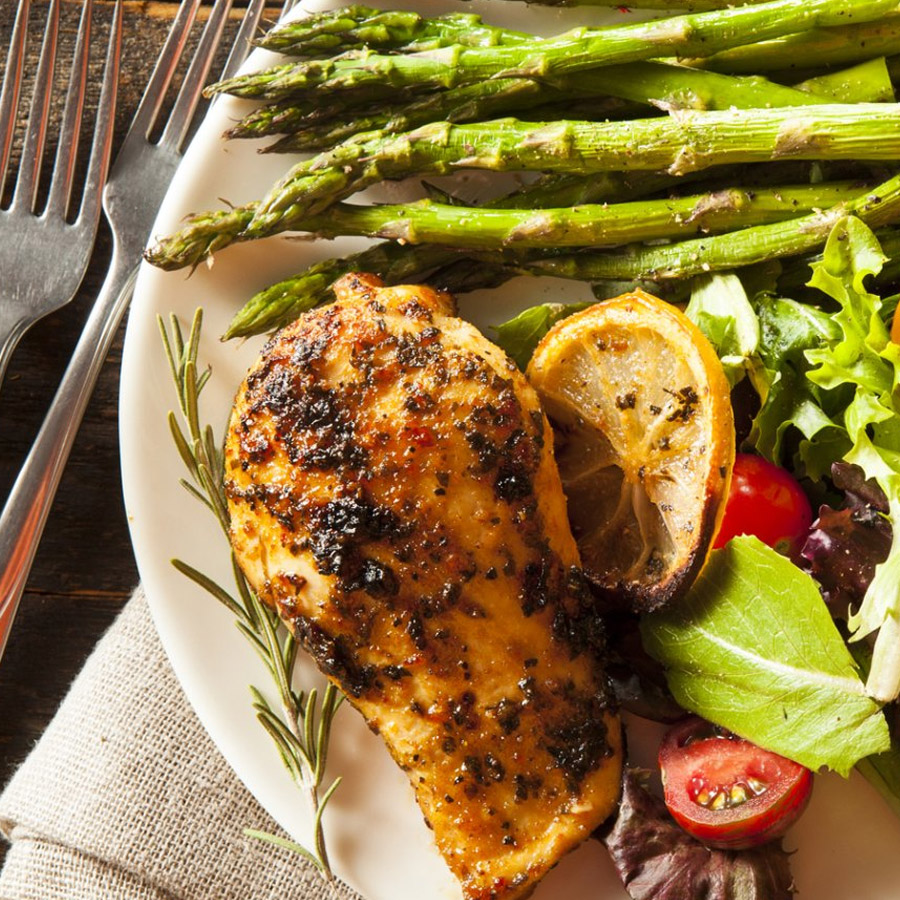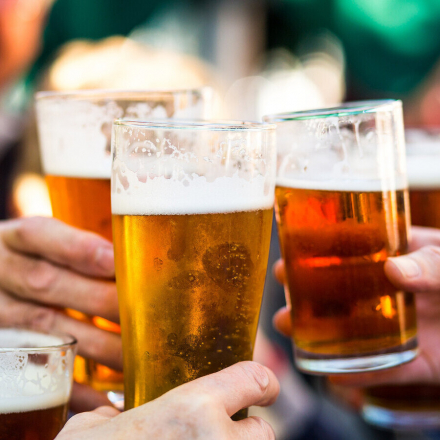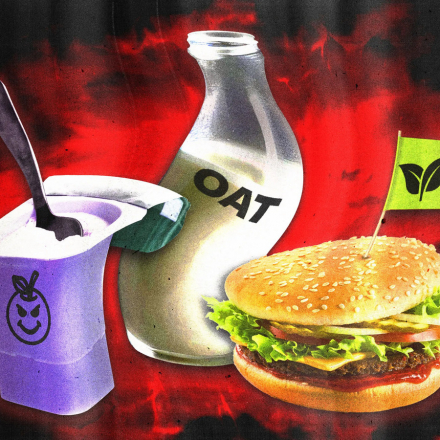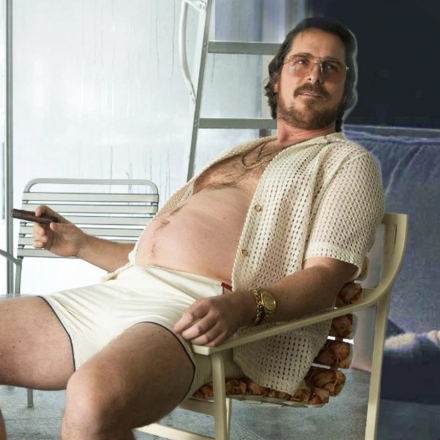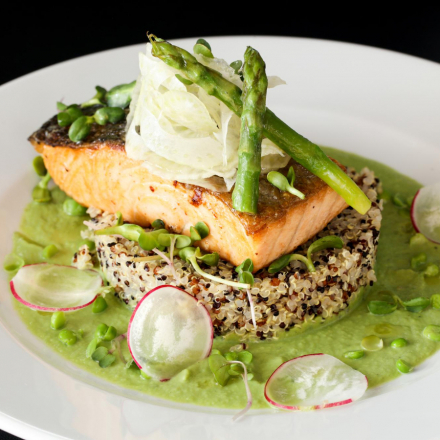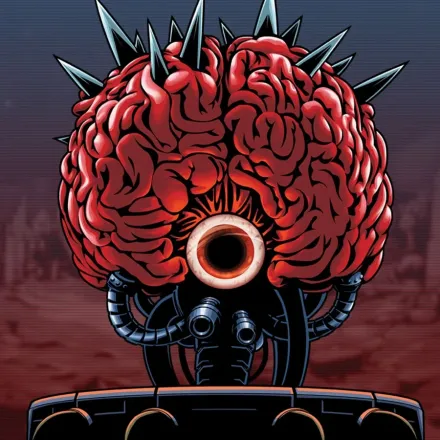We've been advised since childhood to have dinner at 6 p.m., but in today’s fast-paced world, this can be hard to follow. So, when is the best time to have dinner? Experts share their insights to help maintain your health and well-being.
The Benefits of an Early Dinner
Mackenzie Caldwell, a certified dietitian specializing in nutrition for polycystic ovary syndrome, suggests that having an early dinner may be beneficial for those struggling with digestive issues like acid reflux or chronic heartburn. Diabetics may also notice an improvement in blood sugar levels if they eat three to four hours before bed. However, Caldwell emphasizes that there is no one-size-fits-all approach.
The key is to listen to your body. As Caldwell explains, "If you're eating a balanced and varied diet throughout the day, your body will usually signal when it's time to have dinner." Paying attention to your body's cues can be the key to maintaining good health.
What to Avoid Before Bed?
Regardless of what time you have dinner, there are certain foods you should avoid before bed. Nutrition expert Halperin warns that fatty foods digest more slowly, which can leave you feeling heavy if you eat too late. This can lead to digestive discomfort and affect your sleep.
Caldwell adds that foods high in caffeine can also disrupt your sleep for obvious reasons. Alcohol should also be avoided before bed. Dietitian Farzana Nasser suggests swapping a glass of wine for kombucha or tart cherry juice mixed with a little sparkling water. Cherries are a good source of melatonin, while kombucha is rich in probiotics, which are good for gut health.
If you suffer from acid reflux, it's also wise to avoid spicy food, citrus fruits, and tomatoes to prevent triggering symptoms.
Is Late Dinner Really That Bad?
If you're worried about the negative effects of a late dinner, expert Stevenson reassures: having a late meal every now and then won't ruin your health. In fact, most social gatherings take place after 7 p.m., and being too focused on healthy eating could make you feel isolated from others.
However, he warns: "Regular late-night meals can affect your sleep, gut health, immunity, energy, and body composition." For those looking to improve their health, one simple step could be avoiding late dinners. Early dinners can be especially beneficial for those with irritable bowel syndrome, stomach discomfort, or bloating.
Can You Snack Before Bed?
Snacking before bed can also be fine, especially if it's a healthy option. Dietitian Rissetto says: "If you're hungry, you should definitely satisfy that hunger. But be mindful of what you're eating." For example, consuming sweet foods before bed will make your body work on digesting the food while you're asleep, which can disrupt your sleep cycle and cause you to wake up.
In the end, don't stress too much if a strict eating schedule isn't realistic. There’s no perfect time for dinner. What matters most is ensuring that your daily diet provides all the nutrients your body needs. As Halperin concludes: "If you miss the 'ideal' time to eat, it's better to have a late dinner than not to eat at all."

